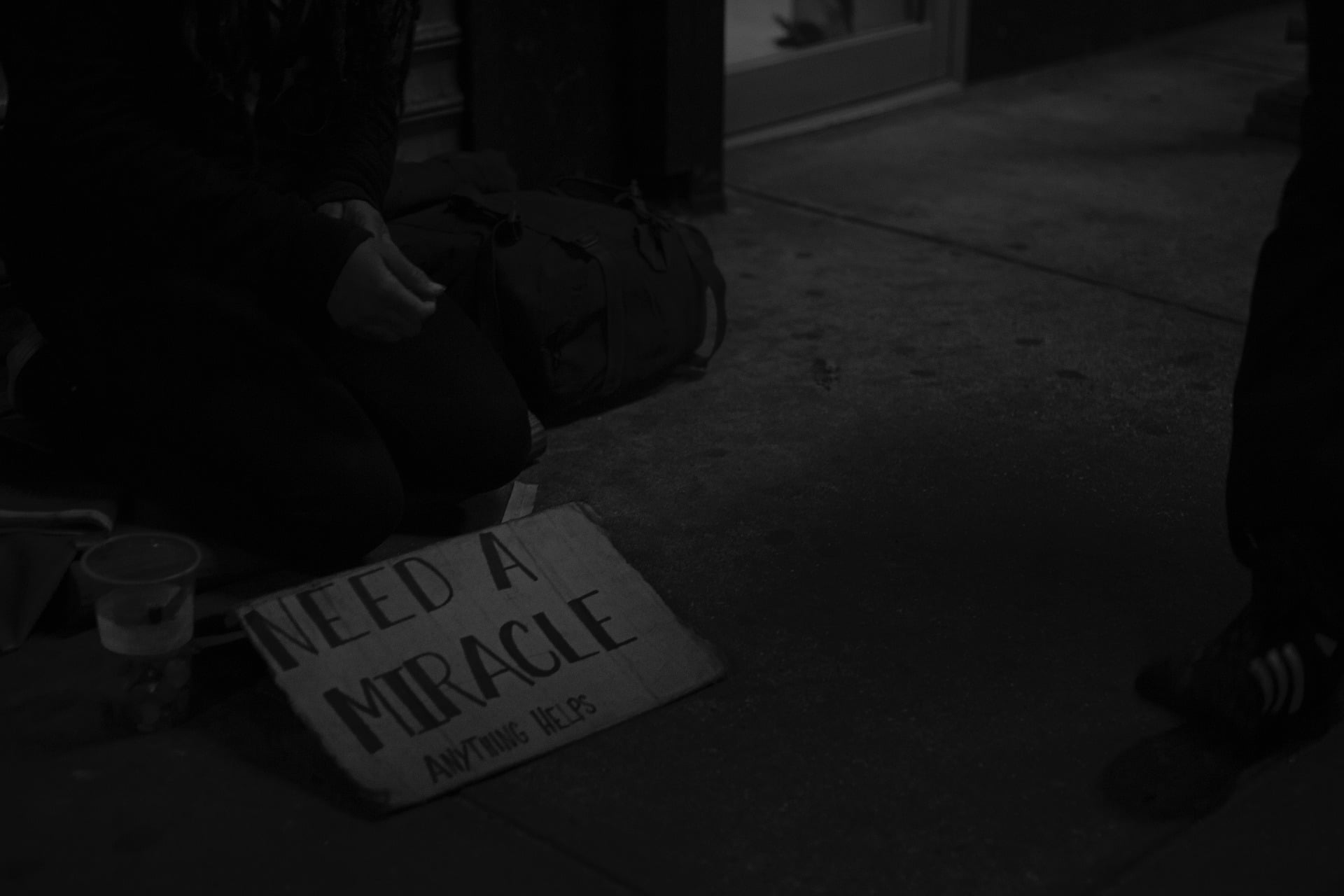The talks about ‘Diversity and Inclusion’ is rife on social media! Almost every company has ‘Diversity and Inclusion’ listed as one of their core values. Leaders, both political and corporate, tirelessly preach about how ‘Diversity and Inclusion’ is one of their most valued and significant commitments. Even then, there are uncountable stories of unemployment, rejection, and depression among highly educated immigrants in Norway. The situation is particularly alarming among women; trailing spouses who accompany their partners/husbands working in Norway. This group of people is conveniently ignored during most of the talks about the integration of immigrants in most countries.
Immigration, unemployment and identity crisis among trailing spouses
During the last six years of my stay in Norway, I have come across hundreds of highly educated women who have left no stones unturned to find themselves a job. Over the years, the pile of rejection letters swells up, and an overwhelming sense of rejection becomes the hallmark of their existence. The vicious cycle of joblessness and rejection soon transpires into despair and a painful identity crisis among these women. Over the last few decades, work has transcended to be the crux of our identity. Why not? It instills a sense of achievement, it promises friends and community, and it gives a notion of acceptance in a foreign country. The absence of which often translates into distress and crisis of identity.
These are unpopular topics of discussion among friends during evening gatherings or networking meetings. However, even at the risk of becoming unpopular or shunned, I raise these questions often. Writing articles like these is particularly challenging. It is as though, my struggle is no longer my own, but, a rallying point for immigration and identity crisis among a lot of trailing spouses like me. The tales of immigration, unemployment, and identity crisis is a difficult and uncomfortable one, but it is a story I must tell.
Diverse women, similar challenge: rejection
Last year, I had the opportunity to attend a workshop cum panel discussion for women with immigrant backgrounds in Norway, organized by Diversify, a mentoring initiative for immigrant women.
It was a cold, wet, and dark evening in November. As I walked into the room, I was pleasantly surprised by the diversity of the crowd. There were women of every colour in the room. From Nigeria to India, from Australia to Greece, from Romania to China: there were women of diverse nationalities. Interestingly, even the panelists were quite a diverse bunch.
Heart-wrenching stories were springing out from every corner of the room: tales of a decade-long struggle to get a job, stories of never been called for an interview, stories of people with master’s degrees doing odd jobs, stories of people with ten years of experience taking up the position of an intern. Emotions flew high; there was deep-seated frustration, anger, and dejection. Even though the participating crowd was diverse in terms of their nationalities, educational background, age, or industry; there was one thing that connected all of us: it was a strong feeling of rejection. Many women narrated their unique stories without the fear of being resented upon or judged. Some were indignant; some shed tears, some mumbled, sobbed, and yet mustered the courage to bare their hearts in front of a packed audience.
As the discussion progressed, I felt alarmed by a warped and, perhaps, perilous sense of despair and depression, among most of the attendees. Stealthily and unknowingly, lack of a job has evolved into a tremendous sense of identity crisis.

Hundreds of job applications and no interview calls!
During group workshops, I often come across several highly skilled, educated, and experienced immigrant women who had applied for more than 300 jobs in five or six years. Surprisingly, quite many of them have never received an interview call while some have received two to three interview calls in five to six years. Isn’t it exhausting to spend six years of life (more than 2000 days) in applying for jobs?
On being asked by a mentor, why do you think, highly qualified and experienced immigrant candidates never receive an interview call, I cited the following reasons:
- Perhaps, lack of trust in foreign workers?
- The unwillingness of Norwegian employers to take risk,
- Preference of employers to follow the beaten path of hiring local candidates,
- Alternatively, a total lack of empathy for hard-working immigrants.
Many women have followed all the recommended paths of finding a job in Norway. Apart from learning the local language, they have applied for hundreds of jobs, worked as volunteers, took the position of interns/freshers, underworked, attended networking meetings, took up part-time jobs, engagements, and projects, and, earned reference letters too.
Do discussions of ‘diversity and inclusion’ include women and men of colour as well? So, what do endless discussions about ‘diversity and inclusion’ imply when hundreds of highly skilled, educated, and experienced immigrant women are unemployed for years in Norway? What do leaders and companies mean in each of their talks, articles, and social media posts about the importance of diversity in the workplace, I wonder. Shouldn’t discussions of diversity include women and men of colour, regardless of gender identity and expression, sex, race, ethnic background, disability, religion, beliefs, and age?
The 2017 United Nation’s International Migration Report clearly states that migration, when supported by appropriate policies, can contribute to inclusive and sustainable economic growth and development in both home and host communities. “Countries of destination benefit significantly from migration as migrants often fill critical labour gaps, create jobs as entrepreneurs, and pay taxes and social security contributions. Some migrants are among the most dynamic members of the host society contributing to the development of science and technology and enriching their host communities by providing cultural diversity,” the report outlines.
So, isn’t Norway losing out on utilizing one of its most significant assets: educated, competent, and experienced human resources with diverse backgrounds? I wonder if employers and decision makers in Norway are actually ready to support diversity and inclusion in their workspaces?
Written by Sudipa Chakraborty.





I applied for jobs for over 2.5 years before going back to school to get a degree from a Norwegian institution. I attended 3 interviews in that time and was asked each time whether I had any Norwegian references (I’m from Australia and had previously only lived in Australia, which I had told them) quickly followed up with by whether I had any Scandinavian references. I often made the joke that they could ring my Norwegian husband because he was really invested in my gainful employment and would give me a great review. What else can you say to such… Read more »